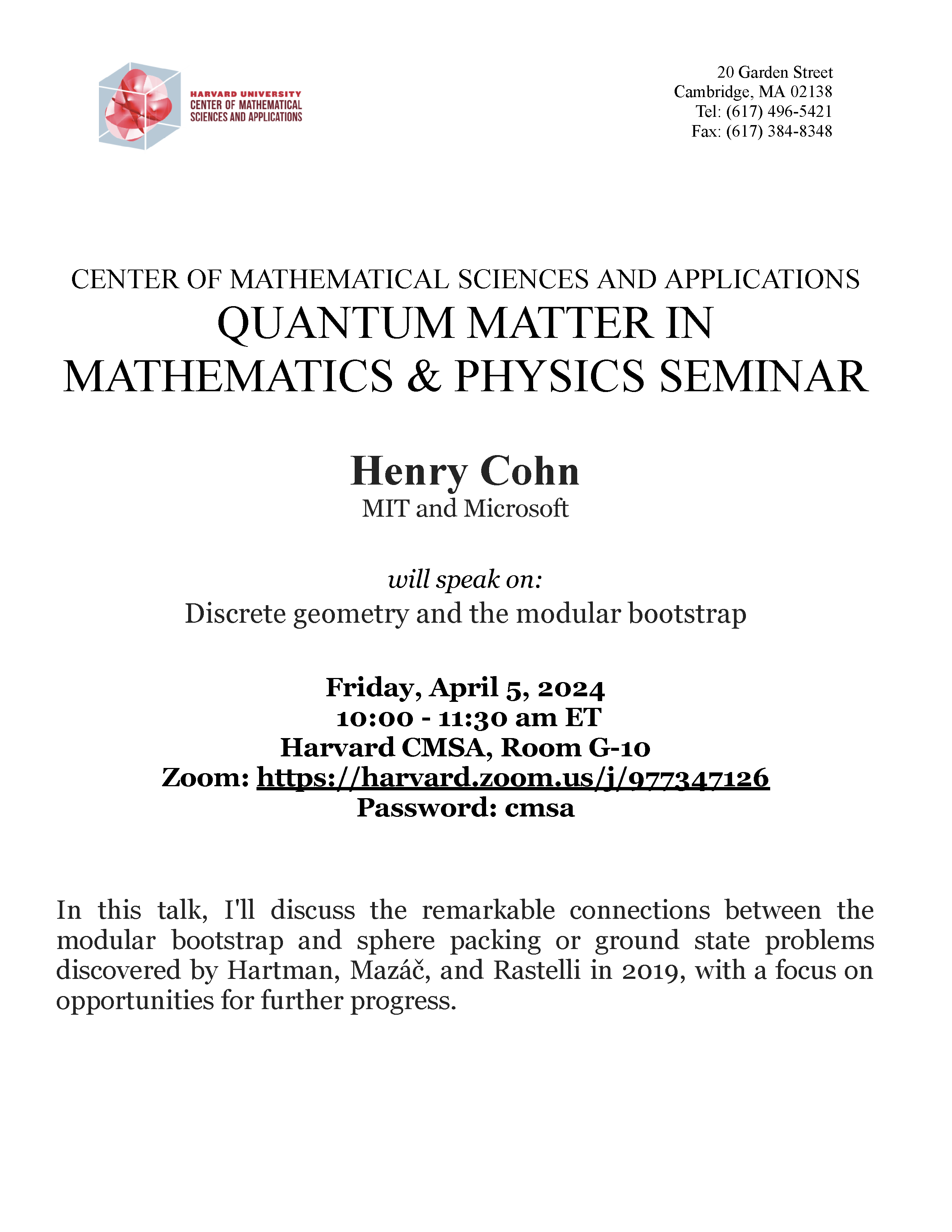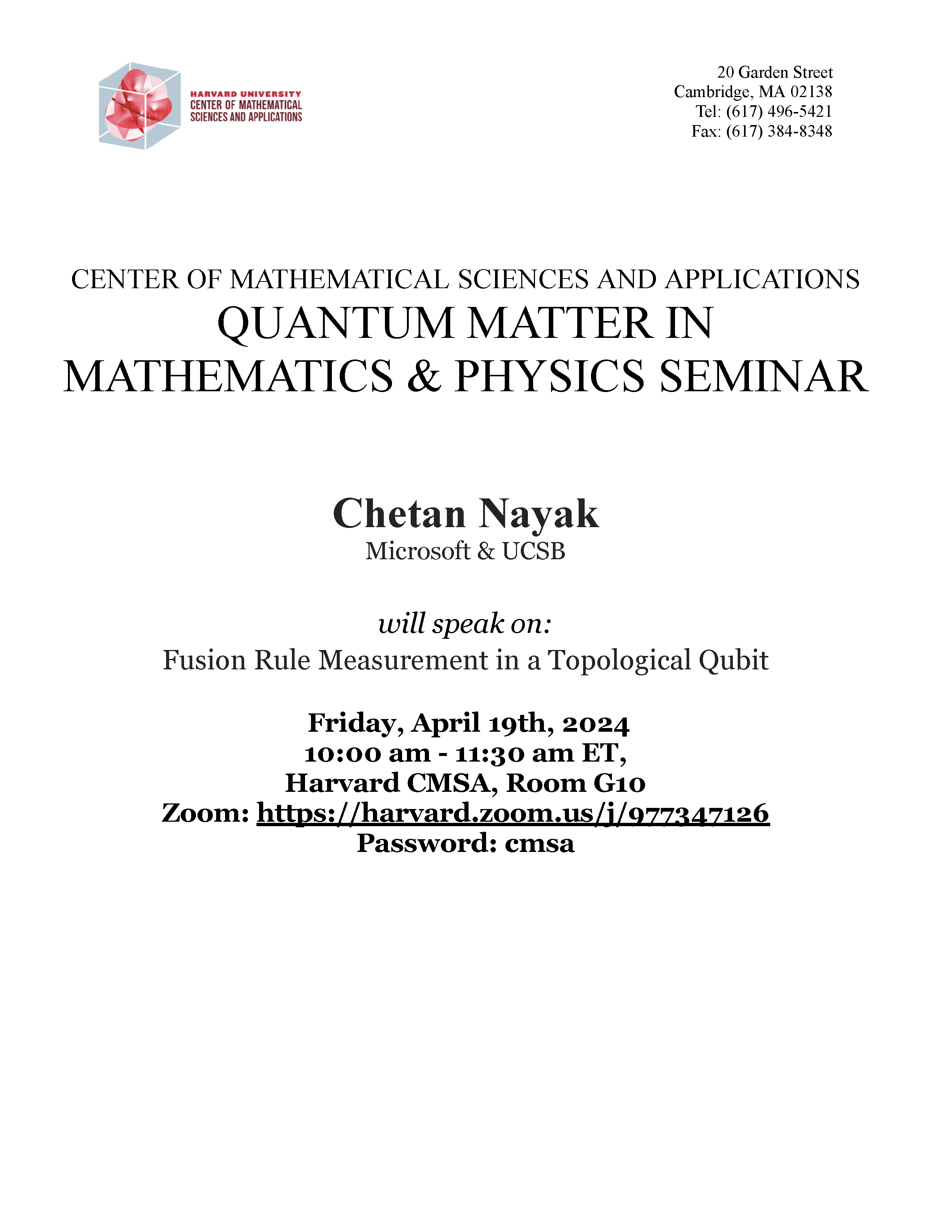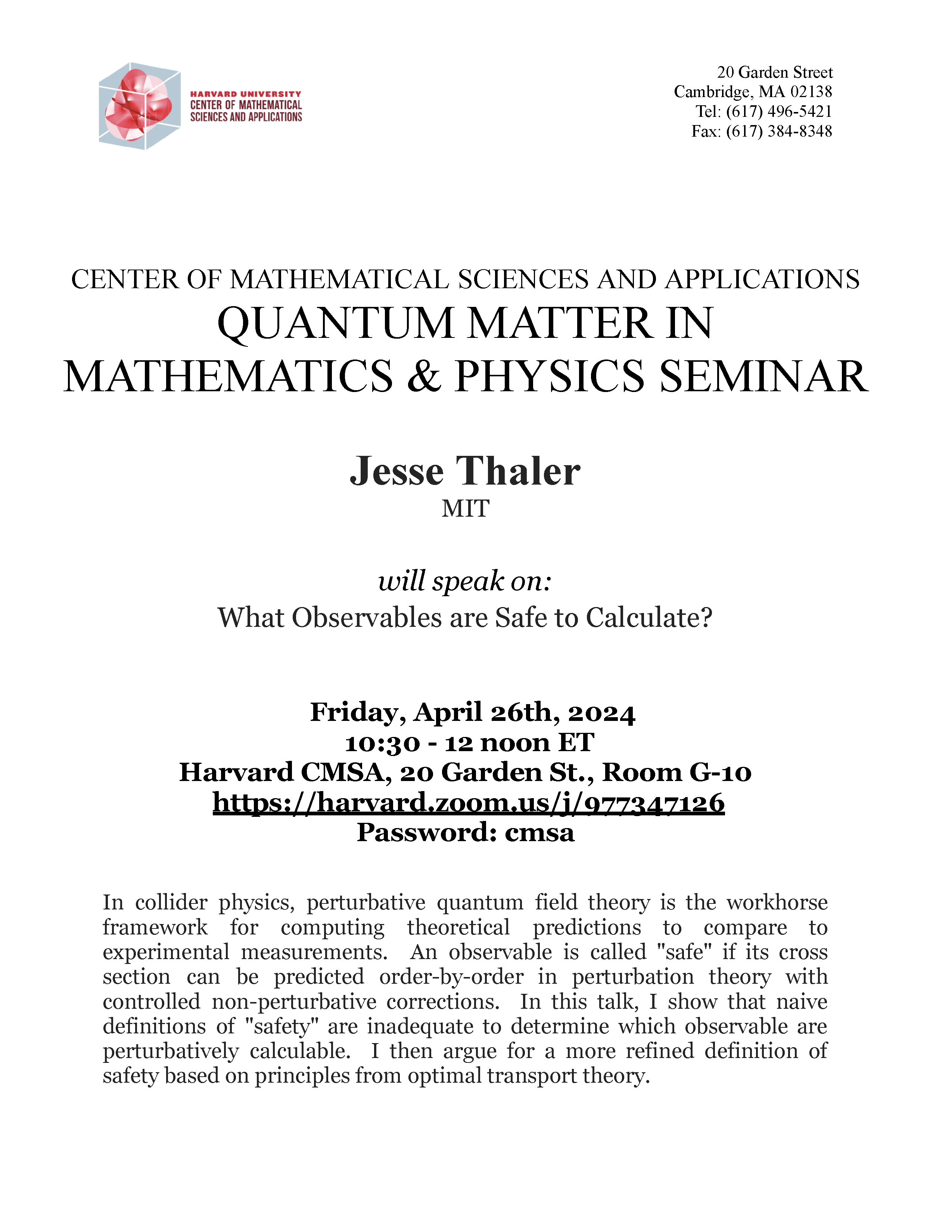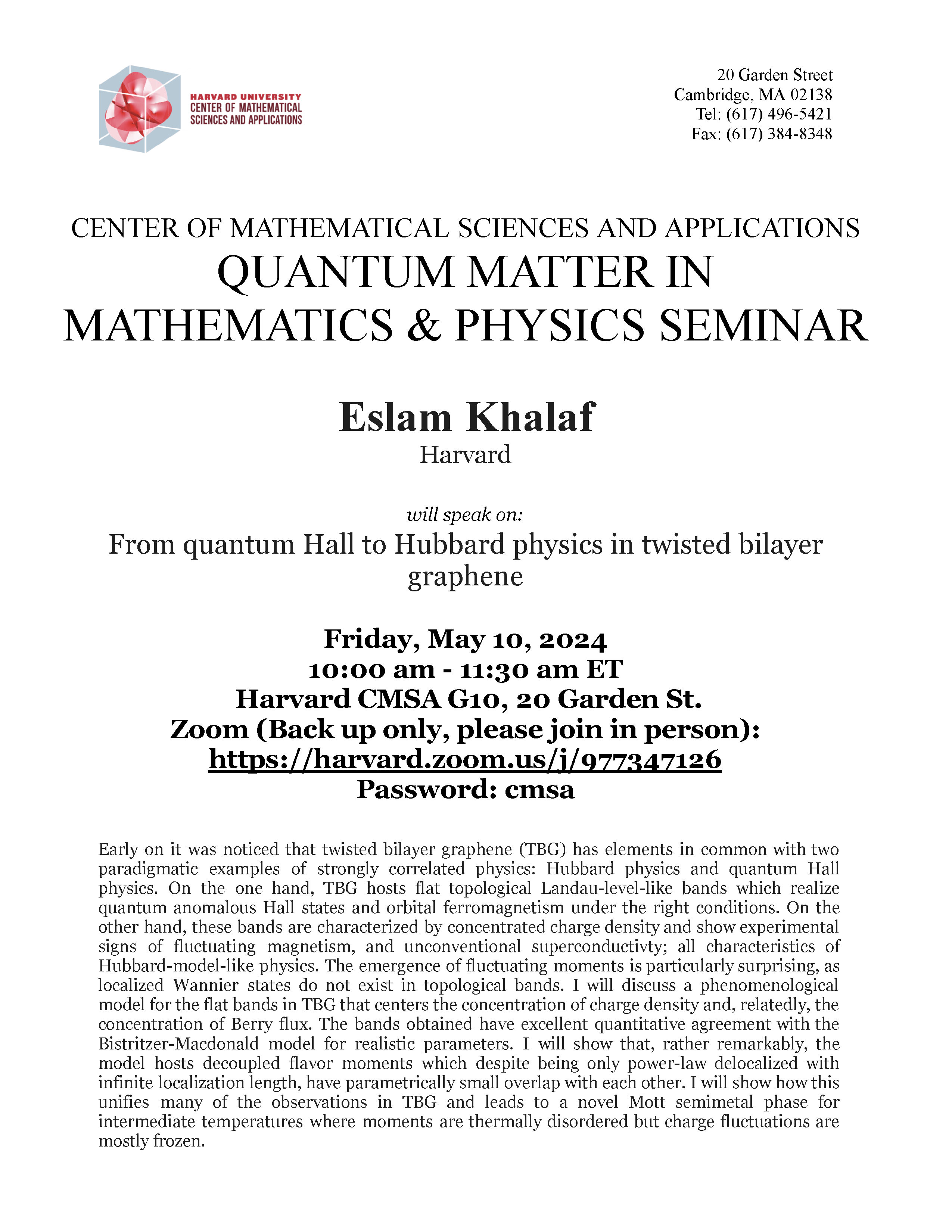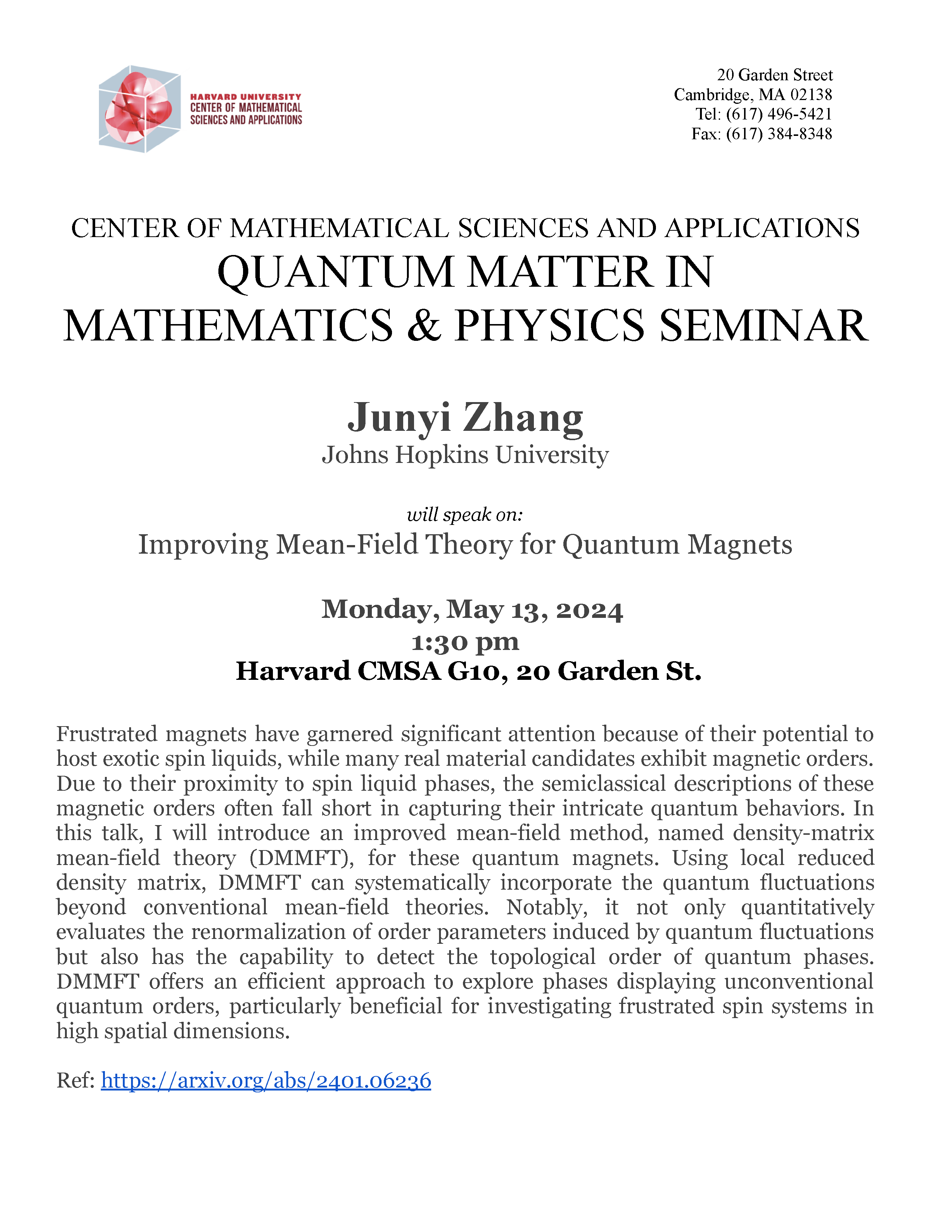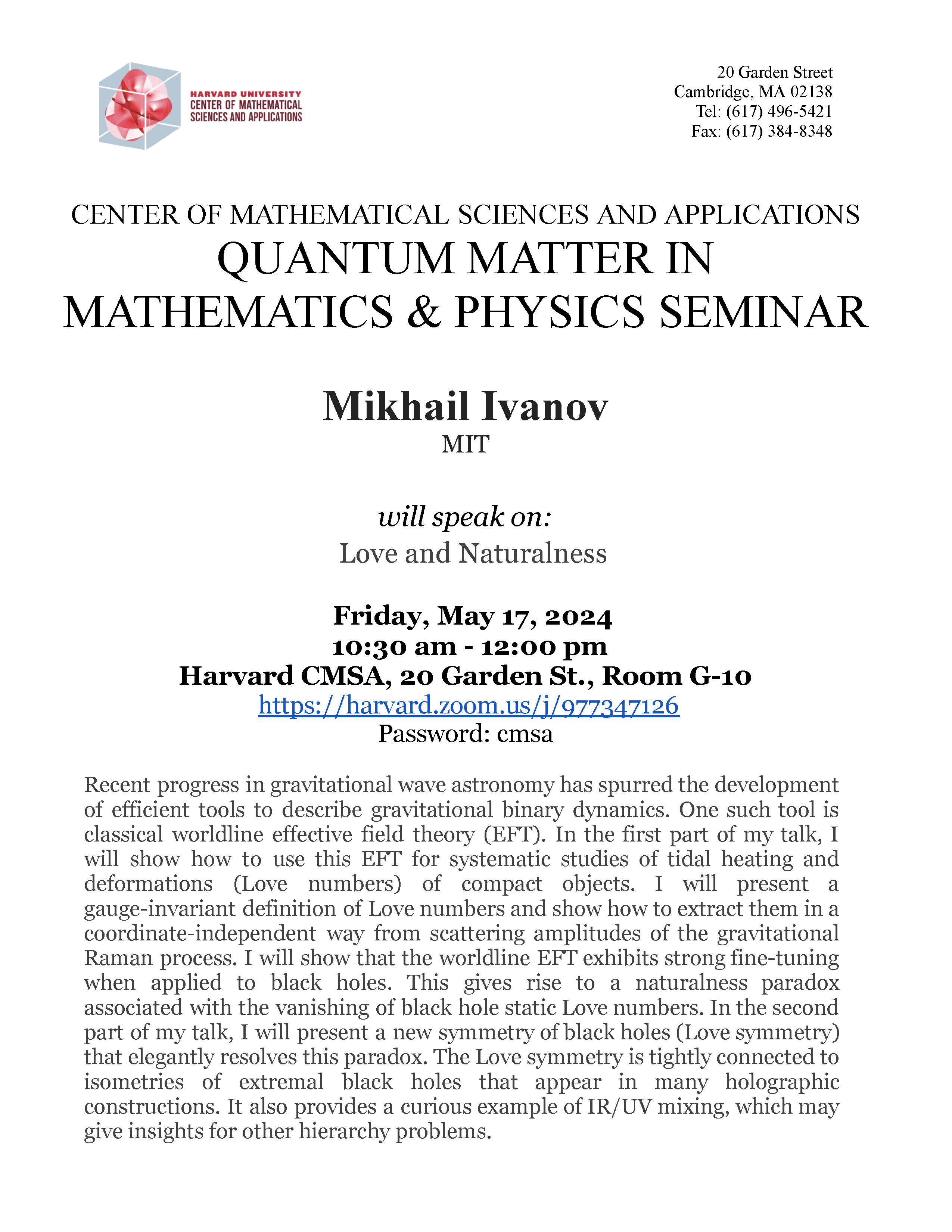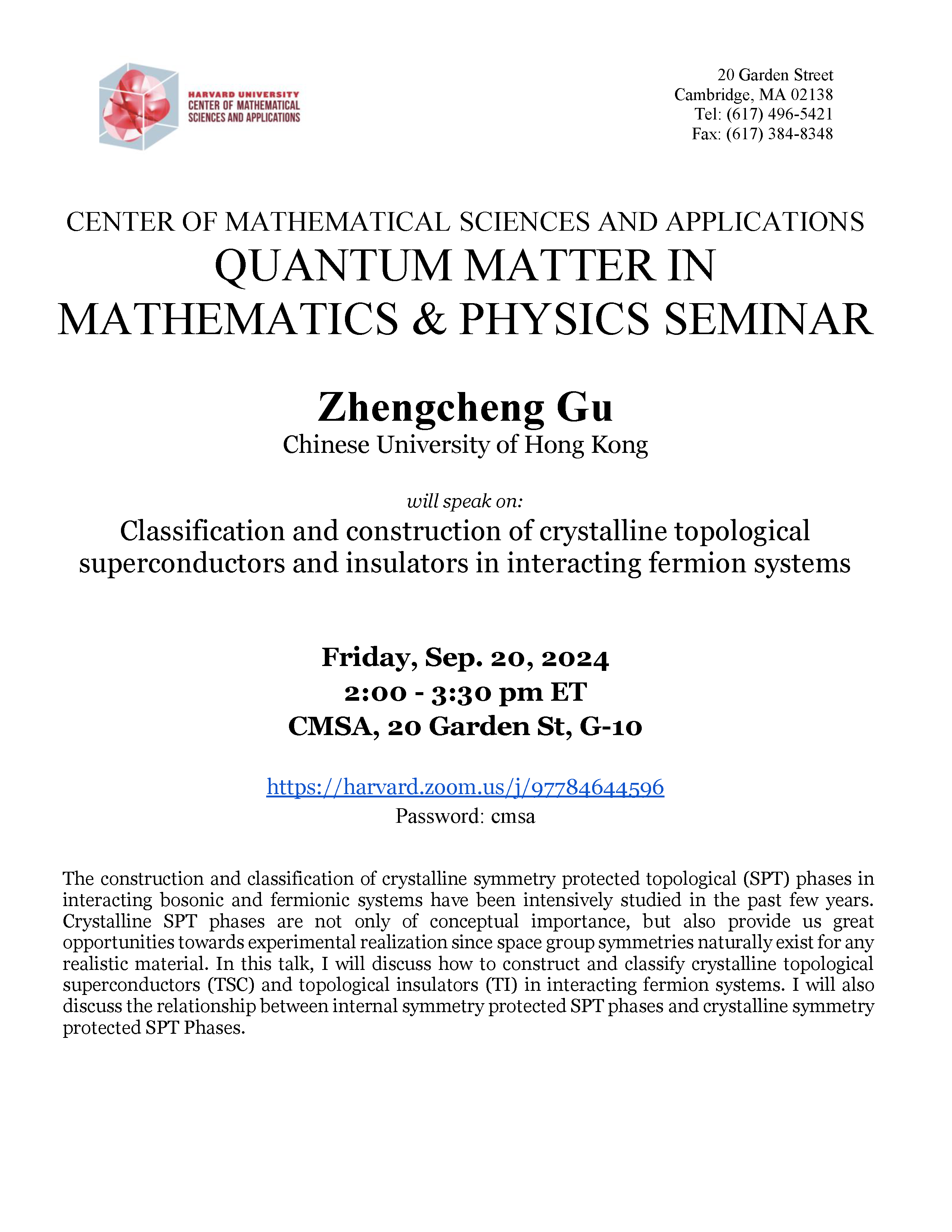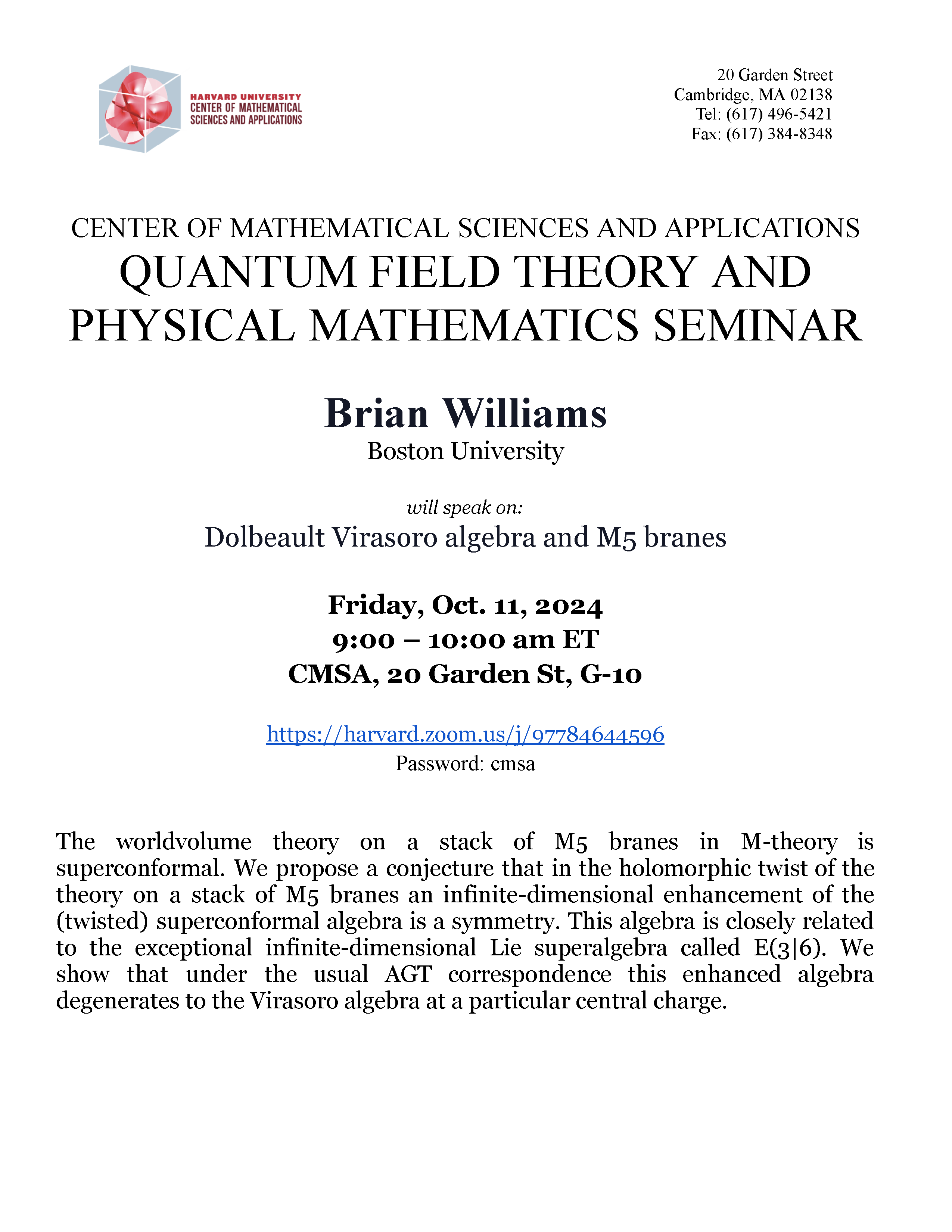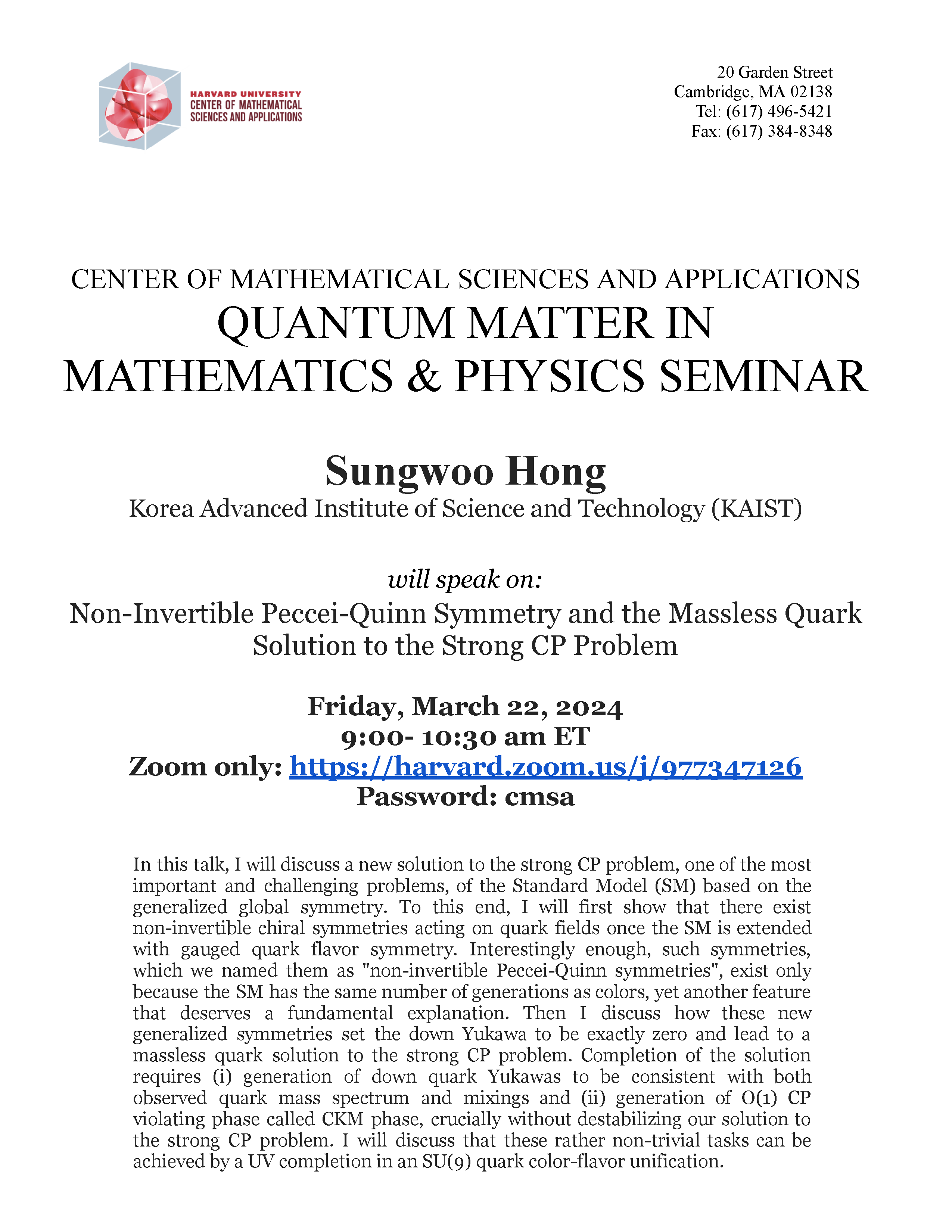
Non-Invertible Peccei-Quinn Symmetry and the Massless Quark Solution to the Strong CP Problem
VirtualQuantum Matter in Mathematics and Physics Seminar Speaker: Sungwoo Hong, Korea Advanced Institute of Science and Technology (KAIST) Title: Non-Invertible Peccei-Quinn Symmetry and the Massless Quark Solution to the Strong CP Problem Abstract: In this talk, I will discuss a new solution to the strong CP problem, one of the most important and challenging problems, […]

